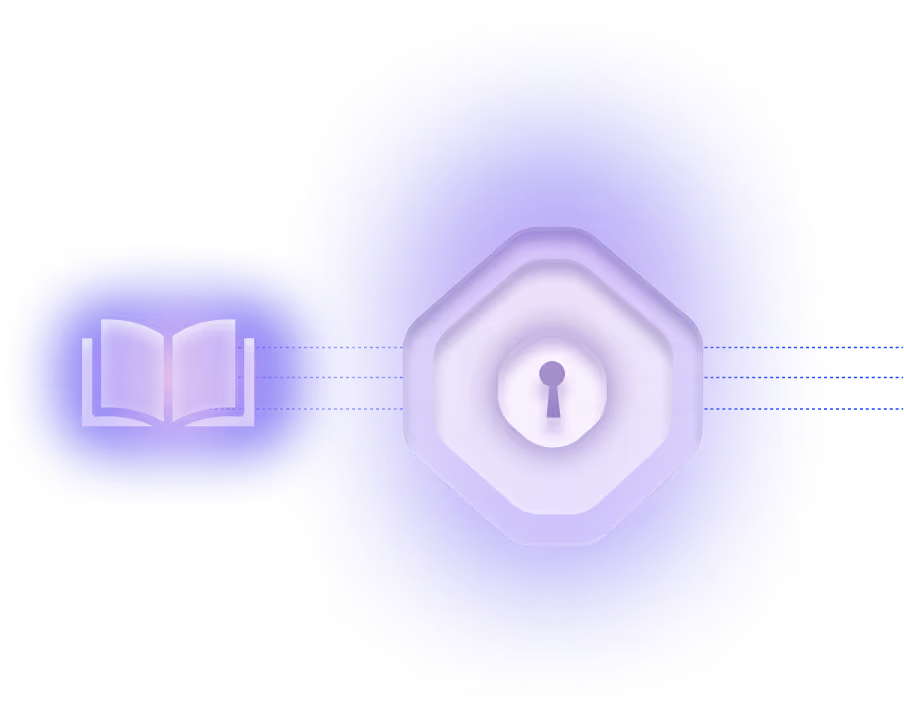Workload Identity

What is a Workload Identity?
Workload identity is a cybersecurity construct that assigns verifiable, cryptographic identities to software workloads—such as containers, microservices, or serverless functions—enabling them to authenticate and securely access resources. Unlike human identities, workload identities are dynamic, ephemeral, and often generated at runtime, tied to specific execution contexts (e.g., Kubernetes pods or cloud VMs). These identities are essential for enabling secure, automated machine-to-machine communication across distributed systems, particularly in cloud-native environments.
Why is it important?
Workload identity addresses a critical gap in modern identity and access management (IAM): the secure authentication and authorization of non-human identities (NHIs) operating across hybrid and multi-cloud environments. Traditional methods, such as static service accounts or hardcoded credentials, are inherently risky—leading to credential sprawl, excessive permissions, and increased exposure to breaches. Ephemeral workload identities mitigate these risks by enabling least-privilege access, just-in-time credential issuance, and automated identity revocation. As enterprises shift toward zero trust architecture, workload identity becomes foundational for enforcing continuous, context-aware access controls at machine scale.
What are common applications or use cases?
In practice, workload identity is used to secure automated processes and services in cloud-native architectures. For example, in Kubernetes, projected service account tokens allow pods to authenticate to cloud APIs via federated identity providers like Google Cloud IAM or Azure AD. In service mesh environments, SPIFFE/SPIRE frameworks issue short-lived X.509 certificates to workloads, enabling mutual TLS authentication between microservices. Workload identities are also integrated into CI/CD pipelines to ensure that only verified build jobs can access sensitive secrets or deploy to production environments. These capabilities are critical for securing DevOps workflows, enforcing runtime policy, and protecting data across distributed systems.
What is the connection to NHIs (Non-Human Identities)?
Workload identity is a specific category of non-human identity (NHI) optimized for ephemeral, cloud-native execution environments. While persistent machine identities (e.g., IoT device certificates) are static and long-lived, workload identities are dynamic, context-bound, and short-lived—often lasting minutes. This distinction demands different security models: persistent NHIs require certificate lifecycle management, whereas workload identities benefit from automated provisioning and continuous attestation. As NHIs now outnumber human identities by over 20:1 in large enterprises, workload identity is increasingly central to managing the scale and complexity of machine interactions securely.
Are there any notable industry data, trends, or standards?
Yes. Research indicates that 63% of cloud breaches involve compromised NHIs, with workload identity mismanagement emerging as a key attack vector. In response, standards such as NIST SP 800-204C and NSA’s Zero Trust Application Pillar emphasize workload identity as a security primitive. These frameworks call for workload inventories, software supply chain integrity, and continuous authorization based on telemetry. Cloud providers and security vendors are aligning with these guidelines through technologies like federated identity tokens, short-lived OAuth2 credentials, and post-quantum cryptographic support for machine identities.
What is the broader impact or takeaway?
Workload identity is redefining the security perimeter in cloud and hybrid environments. By enabling scalable, cryptographically verifiable trust for automated systems, it supports zero trust initiatives, reduces credential exposure, and ensures compliance with evolving security mandates. For organizations managing thousands of workloads across multiple environments, workload identity is not just a technical feature—it is a strategic requirement for securing modern infrastructure, protecting sensitive data, and enabling secure digital transformation at scale.





